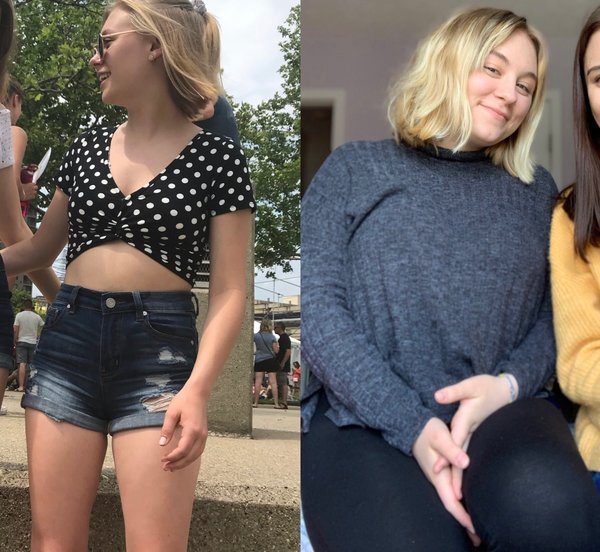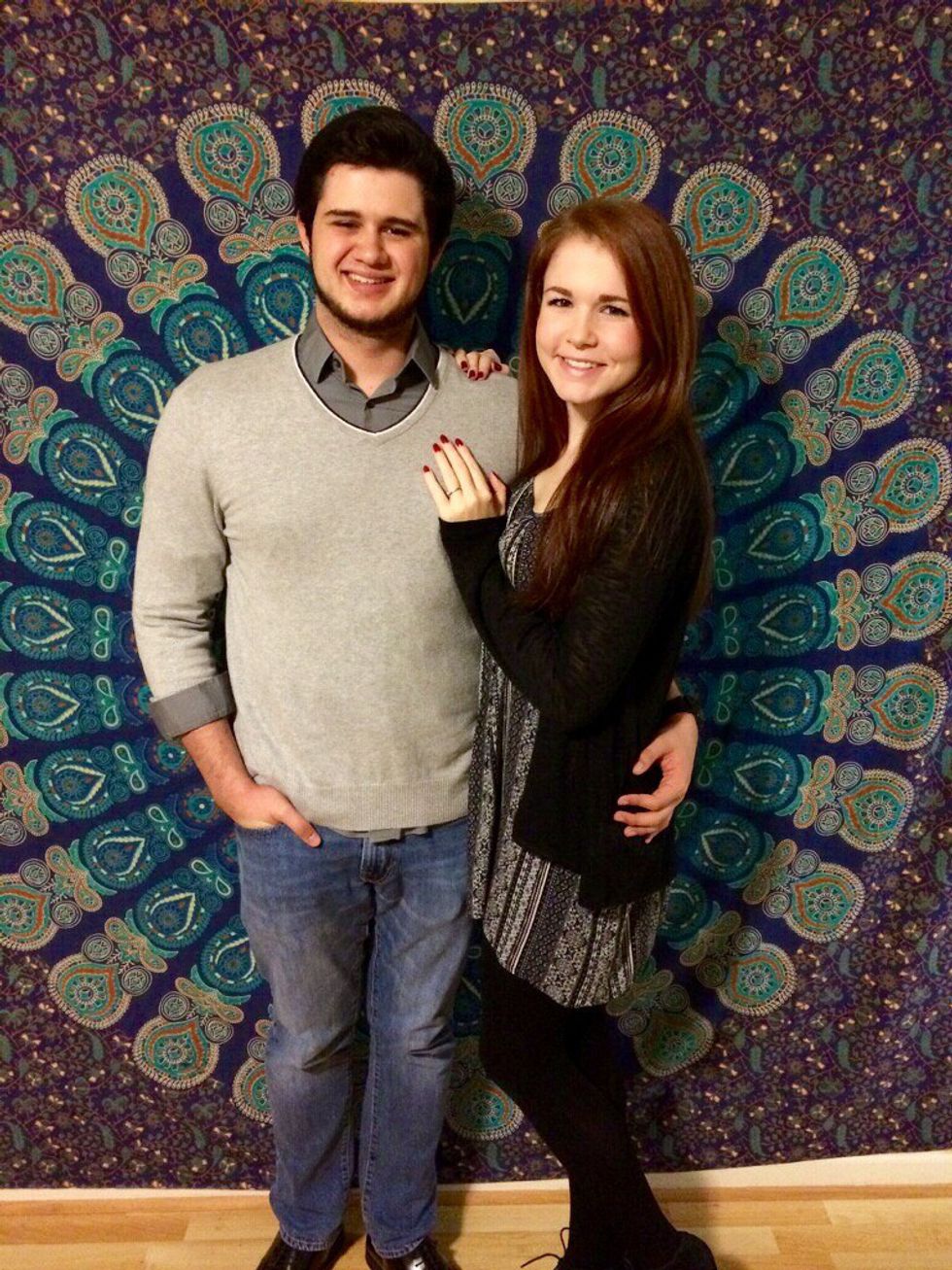I am the epitome of normalcy. As a caucasian, middle-class female with one sibling and divorced parents, there was never anything out of the ordinary about me. I had seen no true hardship, overcome no obstacles. So how dare I think myself worthy of the depression and self-loathing I endured? Who did I think I was, sinking so easily into the grasps of anorexia and bulimia until I was a mere shadow of the girl I once was? For years, though, I hid in the shell of this normal girl, embarrassed that I had the audacity to risk all that I was blessed with, in the pursuit of happiness in the form of a skeletal frame.
My disorder went far deeper, though, than the perceived vanity. I turned to my illness in times of stress, lost all self-respect as a result, then turned to my illness for comfort. It was a vicious cycle that I found myself tangled in for four years until my family finally intervened. I was sixteen years old, and for a short time, as I sat through hours of therapy, meals, and lonely nights, I thought I would never be happy again. I saw the true trauma that the women around me had suffered and fell deeper into my own guilt, believing I was unworthy of my own illness. I spent day after day under constant supervision- weigh in, breakfast, therapy, snack time, group therapy, lunch, more groups, another snack, go to the phone booth and cry to my dad, dinner, yet another group, then finally, go to bed feeling more alone than ever. It took five weeks of out-of-state inpatient treatment, followed by two months of outpatient treatment, to loosen the grips of my disorder.
But eventually, progress was made, and glimmers of my former self finally began to shine through. My therapist applauded the "new me." At one point though, my family visited for the weekend and my younger brother commented, "I don't know what people mean by 'the new you.' This is the old Megan, we just haven't seen it in a while." Finally, I knew what I needed to do. I could see enough of a change in myself that I could envision a life outside of my illness. At times, my recovery wasn't even for myself but for the sake of my family. But I was recovering nonetheless. I didn't want my siblings to grow up with a sick sister. I wanted to at least be the sister who was sick, but became an example of courage by overcoming the most difficult time in my life.
I will never regret losing myself to my disorder, because I have never felt as alive as I do in this moment. I lost the better half of my adolescence to self loathing, but I gained a sense of empathy and insight through my experiences and through the people that I met along the way that most people my age will not gain for many years. I seek beauty in everything around me because for years I could not even find it within myself. As Anne Bradstreet said, "If we had no winter, the spring would not be so pleasant." I would not know the joy of truly living, had I not felt the pain of slowly dying.























